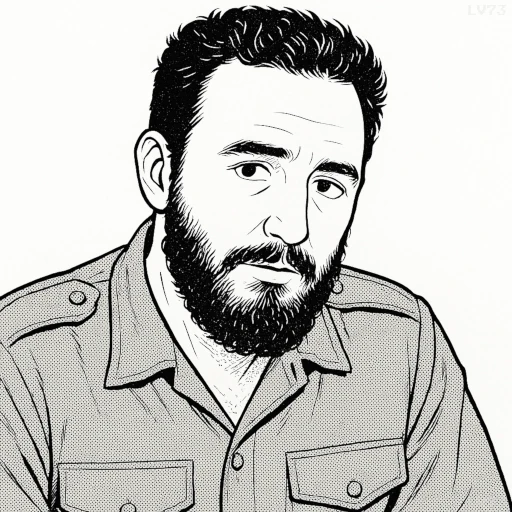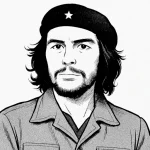“The revolution is a dictatorship of the exploited against the exploiters.”

- August 13, 1926 – November 25, 2016
- Cuban
- Revolutionary, Prime Minister and President of Cuba, Communist Leader
table of contents
Quote
“The revolution is a dictatorship of the exploited against the exploiters.”
Explanation
This quote offers a direct and provocative definition of revolutionary power, presenting it not as liberal democracy or neutrality, but as a forceful reversal of the existing order of oppression. Fidel Castro frames revolution as a “dictatorship”—not of the elite over the masses, but of the “exploited against the exploiters.” In doing so, he justifies authoritarian measures not as tyranny, but as necessary tools for justice and rebalancing**, asserting that those who have suffered under systems of inequality now wield power to dismantle them.
Historically, this echoes the Marxist concept of the “dictatorship of the proletariat,” in which the working class takes control to suppress former oppressors and reorganize society. In the context of post-revolutionary Cuba, Castro used this logic to defend centralized authority, nationalizations, and limits on political opposition, claiming that such actions protected the revolution from sabotage by entrenched interests. His framing shifts the moral question from “Is this a dictatorship?” to “Whose interests does this dictatorship serve?”
In modern discourse, the quote raises difficult but enduring questions about the use of power during social transformation. It challenges assumptions that neutral governance is possible in the aftermath of deep injustice, and argues that true equality may require not just inclusion, but confrontation and restructuring. Castro’s words remain a stark reminder that revolutions are not gentle corrections, but radical assertions of justice from those who were historically denied it.
Would you like to share your impressions or related stories about this quote in the comments section?


